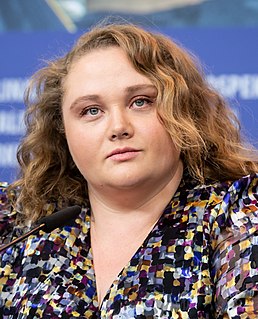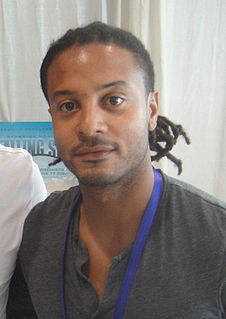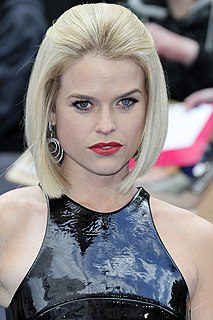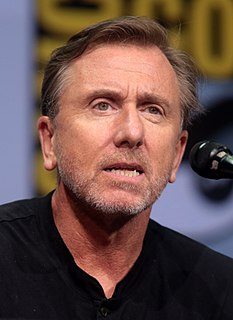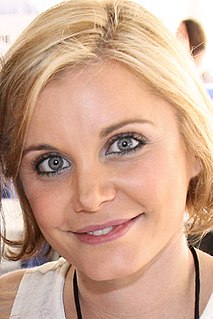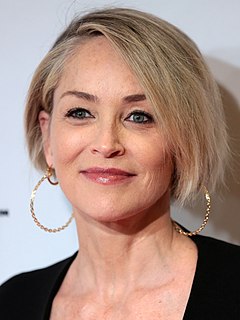A Quote by Jonathan Lethem
The less you offer, the more readers are forced to bring the world to life with their own visual imaginings. I personally hate an illustration of a character on a jacket of a book. I never want to have someone show me what the character really looks like - or what some artist has decided the character really looks like - because it always looks wrong to me. I realize that I prefer to kind of meet the text halfway and offer a lot of visual collaborations from my own imaginative response to the sentences.
Related Quotes
When something arrives, you have no idea what's in it, which is good. And then, it's is the story leaps off the page at you and how your character functions within it. There could be just one scene and if it's wonderful, it doesn't matter how much you're working on it because you just want to be in it. It's really about what your character's day to day world looks like, and if you feel like that's something that's complete, and that you'd like to inhabit for awhile. You'll know by a couple of scenes in. If the character grabs you, you run with it.
What interests me is to paint the kind of antisensitivity that impregnates modern civilization. I think art since Cezanne has become extremely romantic and unrealistic, feeding on art. It is Utopian. It has less and less to do with the world. It looks inward - neo-Zen and all that. Pop Art looks out into the world. It doesn't look like a painting of something, it looks like the thing itself.
I think that's why Meryl Streep is working so much, because she looks like a woman we can all relate to. I look at her and I think, 'I'm chasing my kids, I've moved my parents in with me, I'm coping with food spills - that looks like me in real life'. Meryl looks like an unmade bed, and that's what I look like. To me, that looks true.
Many times - especially when I'm playing an historical character - I want to be really on target with how I create that character and really nuanced with who that human being might be. But I don't want to lose the likeness of me or the depth of my own personality. So meditation and my spirituality has helped me to realize that, yes, I want to get out of the way but I also want the ability to hold on to what the audience likes of what they see of me.
I love the apparent quiet of reading a book. You sit there; you're not really moving. It looks very solitary. It looks very boring, but actually it's the most exciting place because it's going on for you, and you're in that relationship. In that sense, it's like being with a lover. Nobody else can intrude on that space. It's the two of you. It's your own world.
I must say Steven Spielberg was great to me, and I loved working with him. He called me up on the phone and was like, "I want you to be in this movie - 1941. There are a couple of parts. You can take whichever one you want. One of them is a main character who is involved in everything, and there's another character who has his own storyline and goes off on his own. He's probably the funnier, more unique character." I said, "Well let me do that second one."
My idea of no makeup on actors is really no makeup. I mean, they can be wearing makeup. I don't care what they're wearing as long as it looks like they're not wearing makeup. But an actress will suddenly appear with some lipstick on. And that's makeup. Keener's character wears makeup. Her character would wear makeup. I try to stay true to whoever that person is. I hate that kind of thing where you're waking up in the morning with makeup on in a movie. I just think it pulls you out of the movie.


